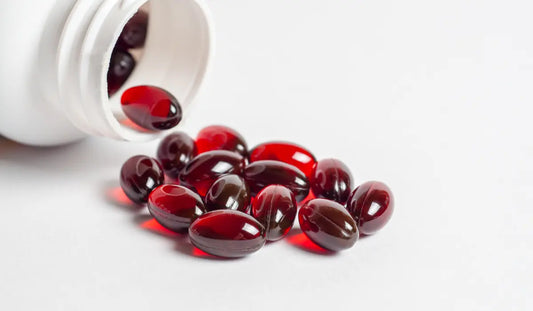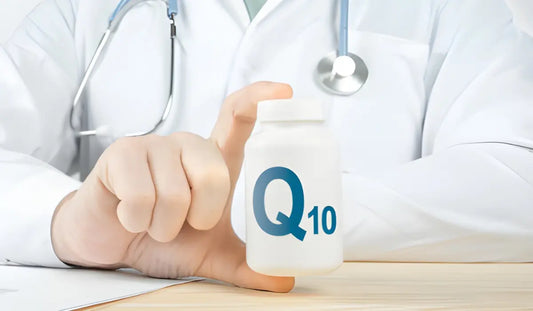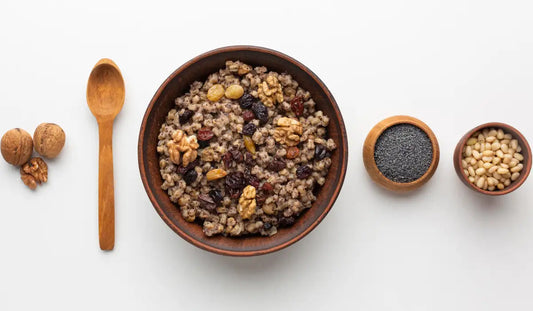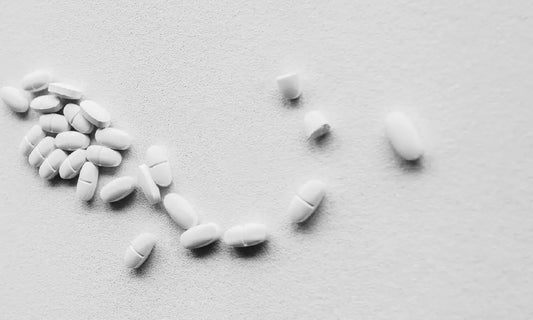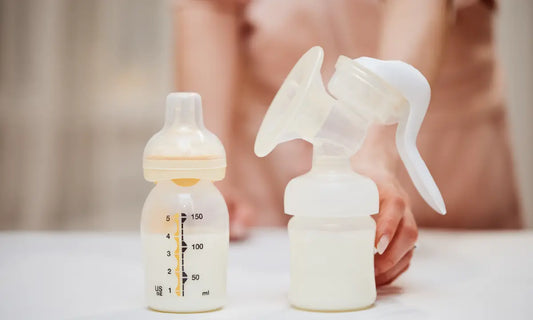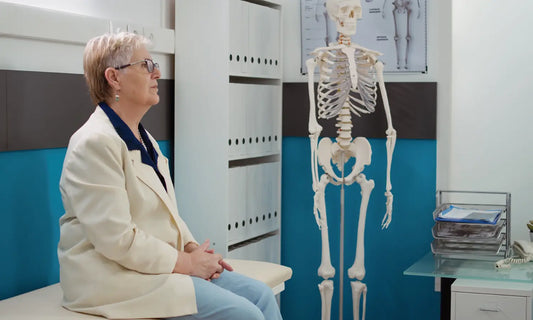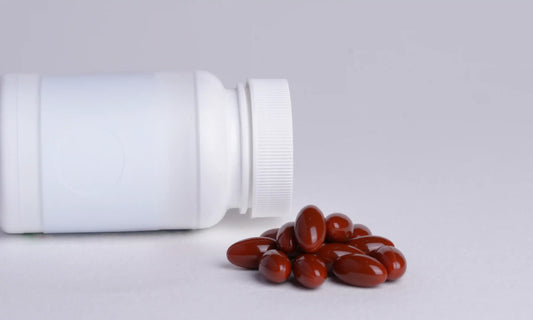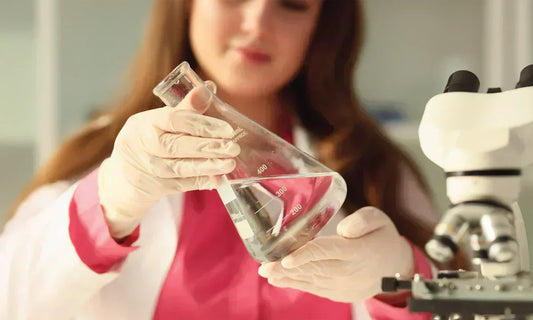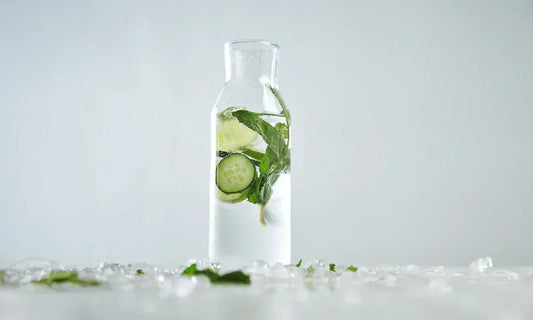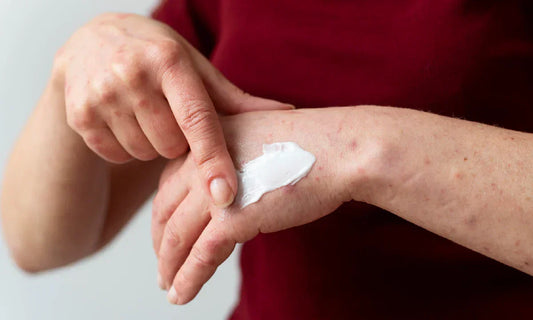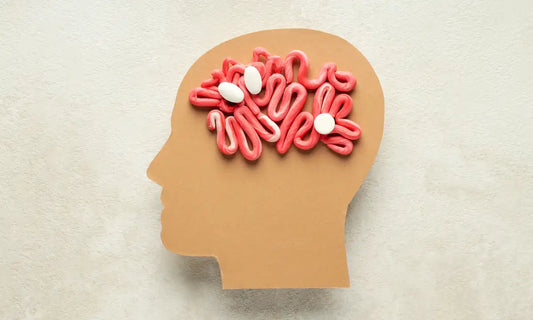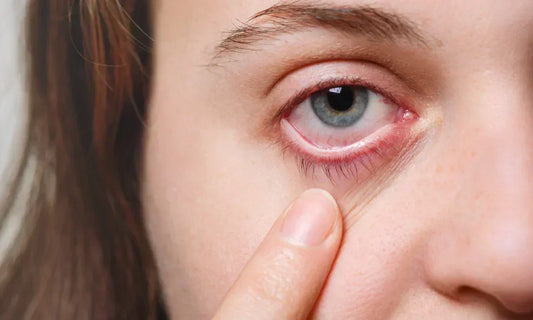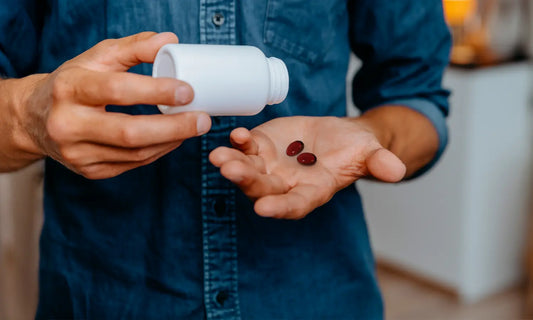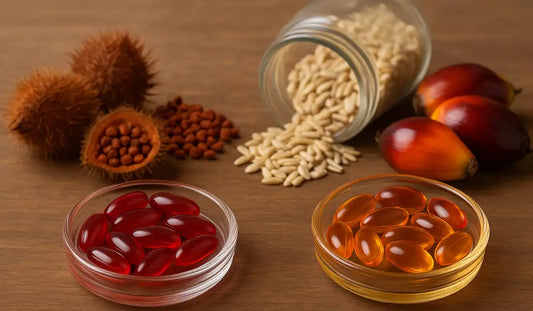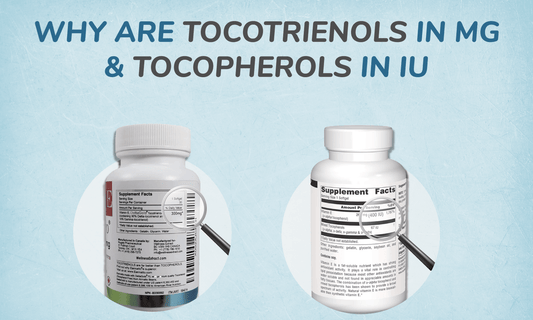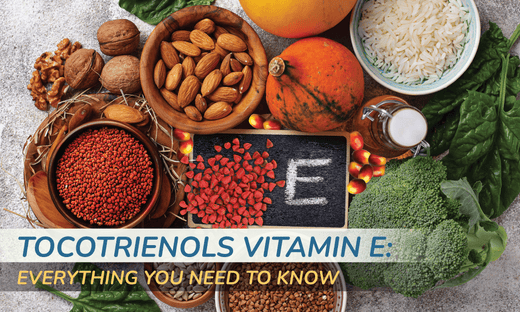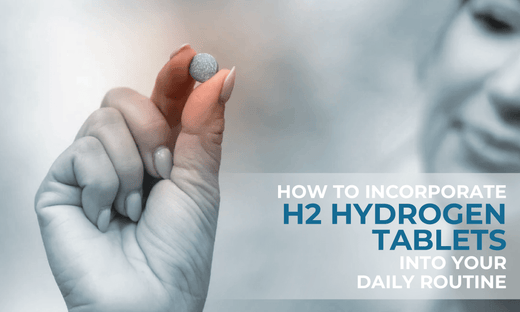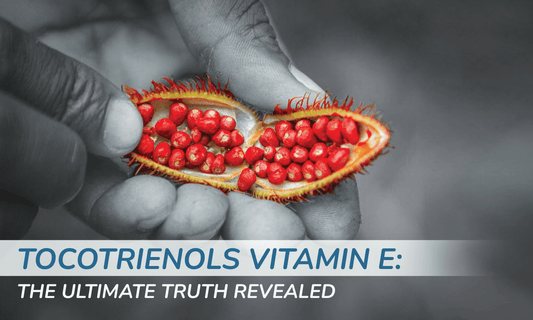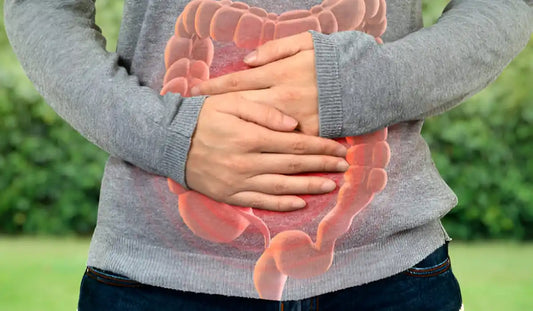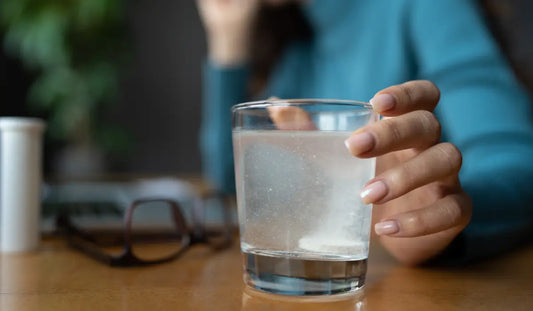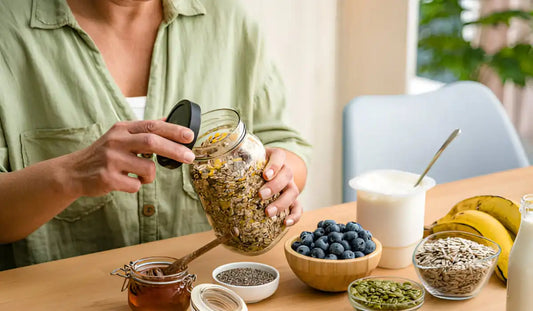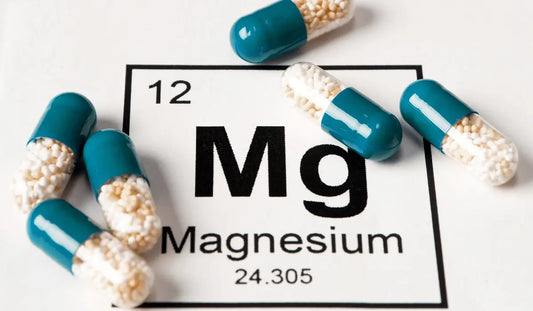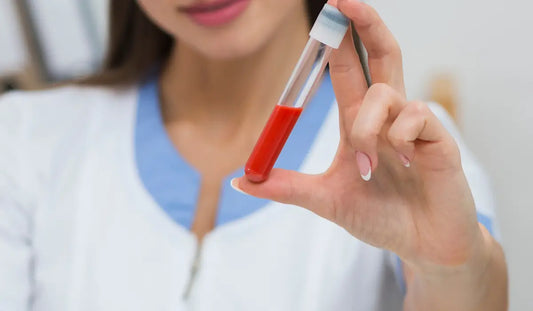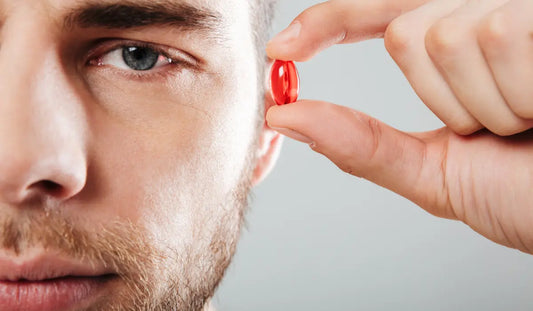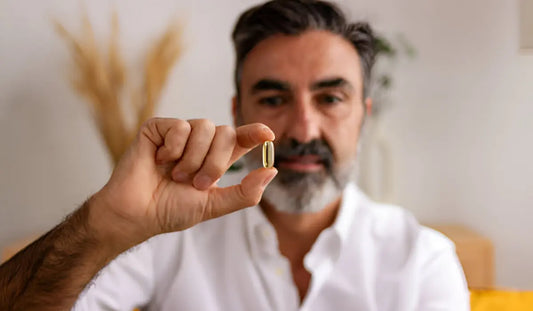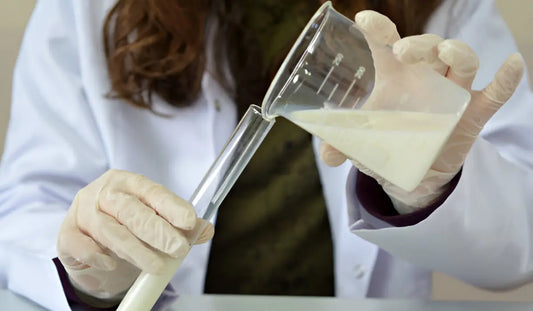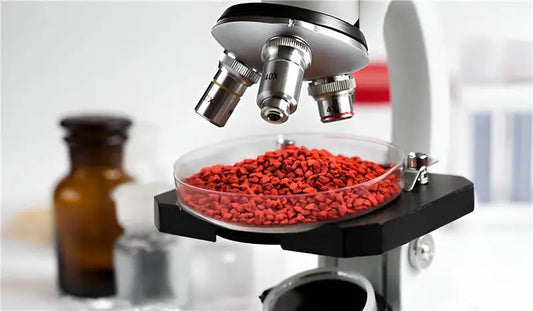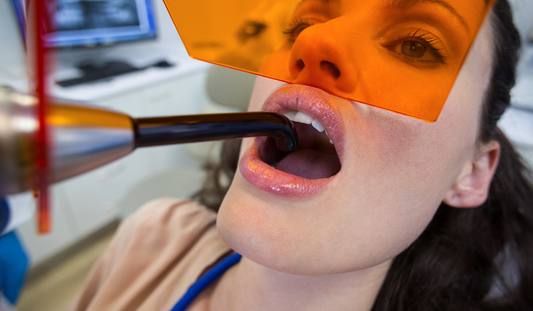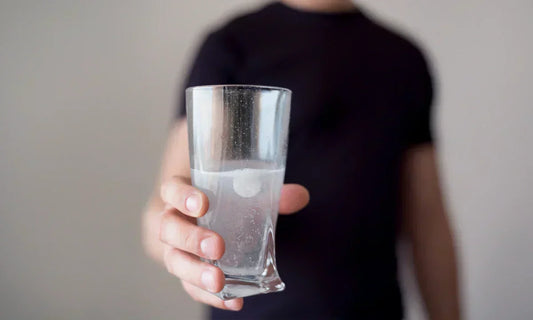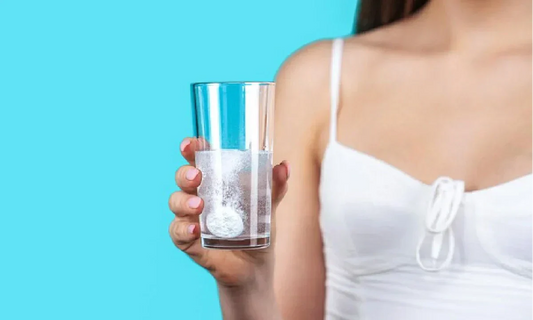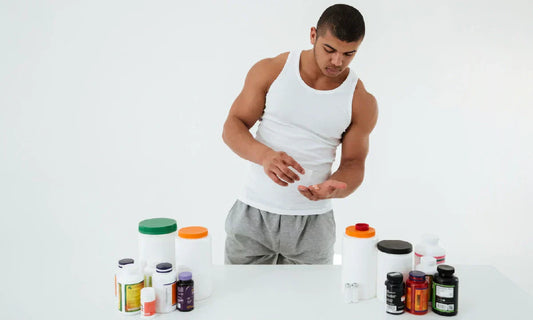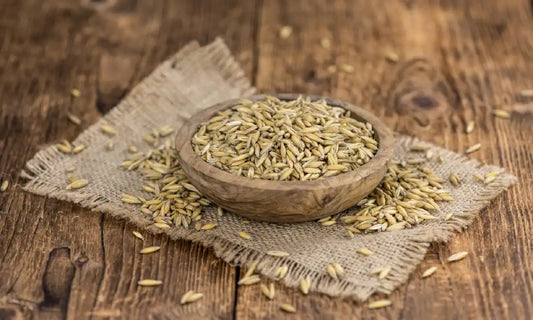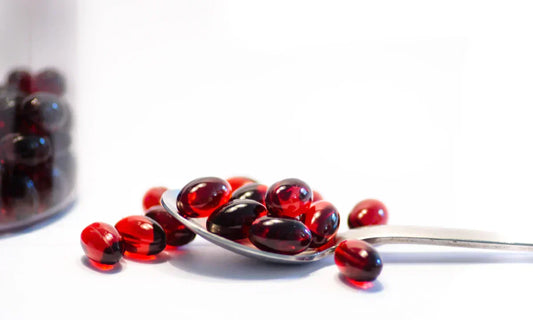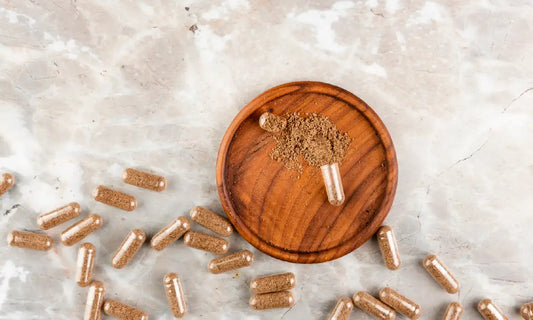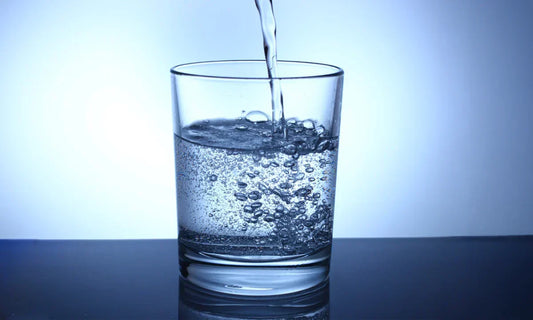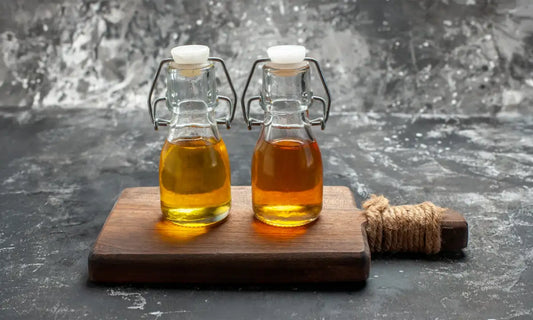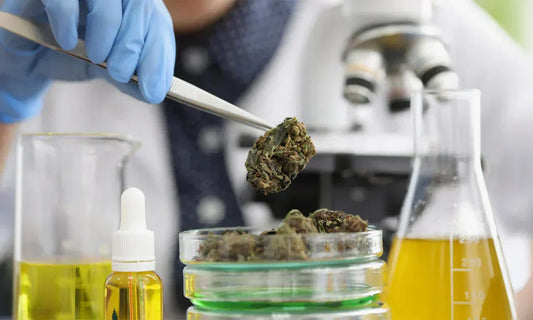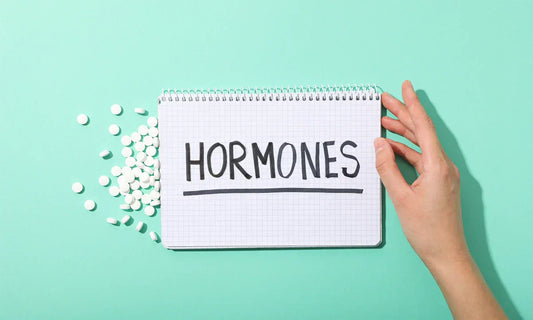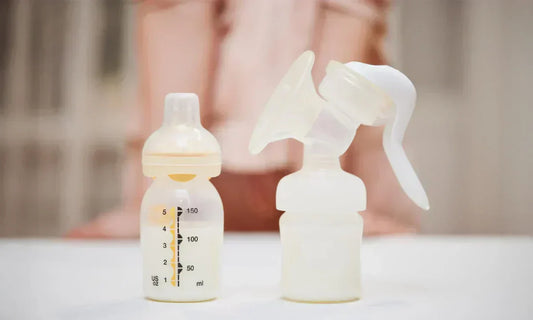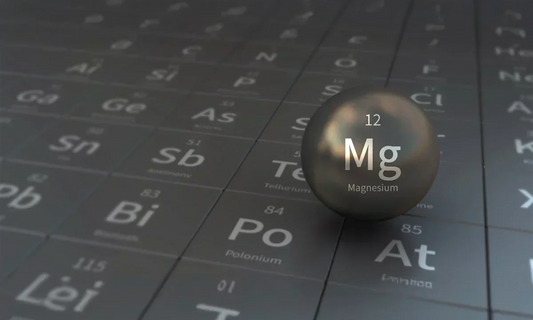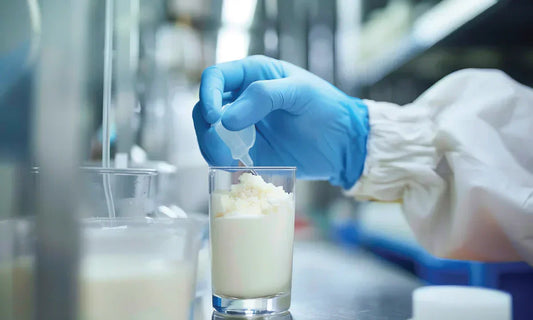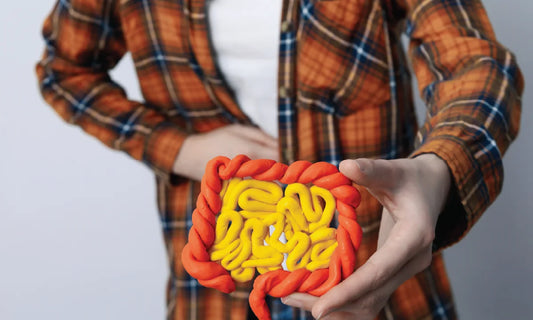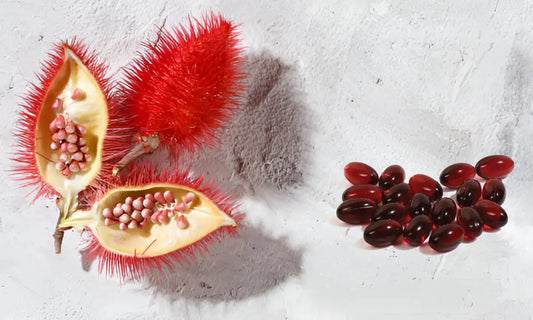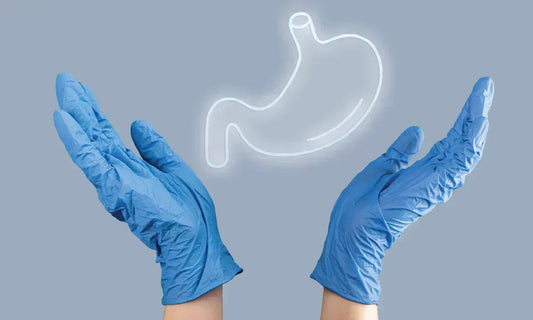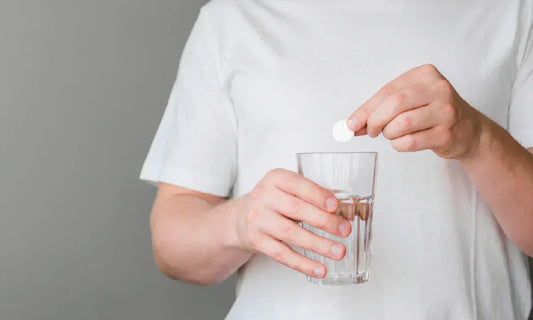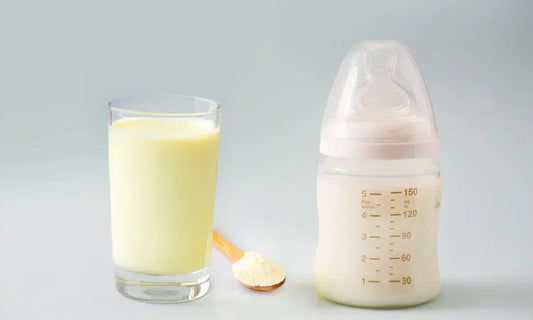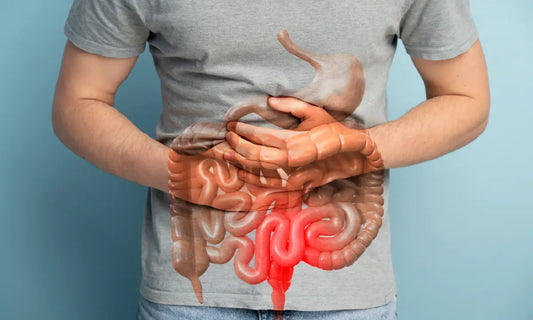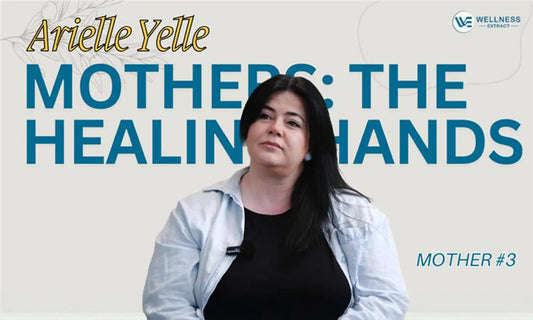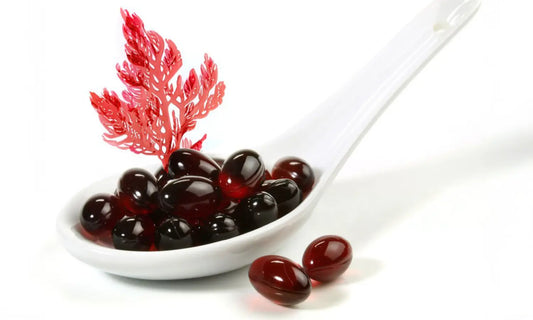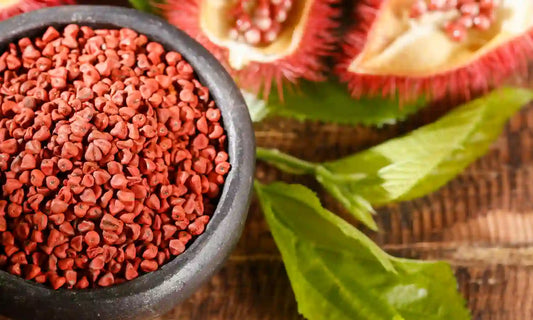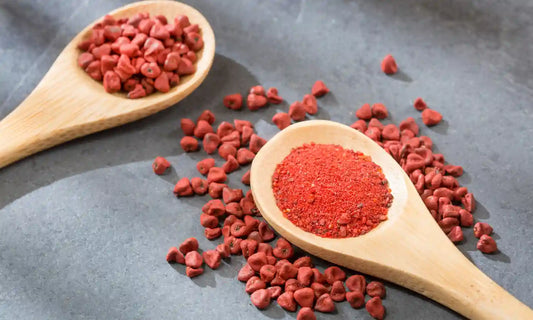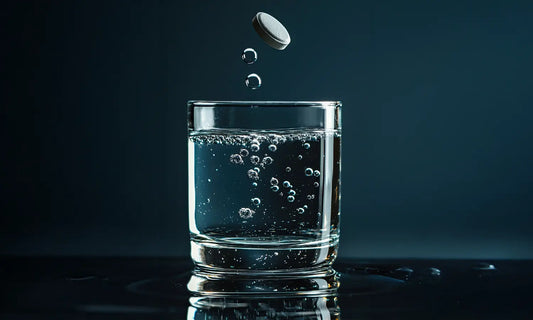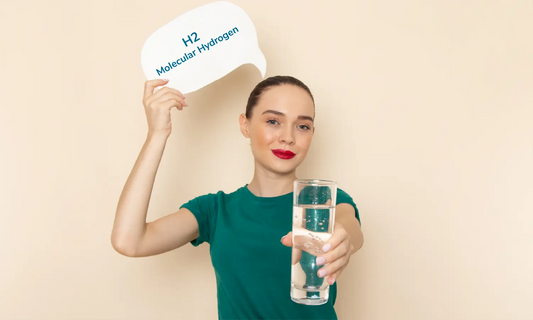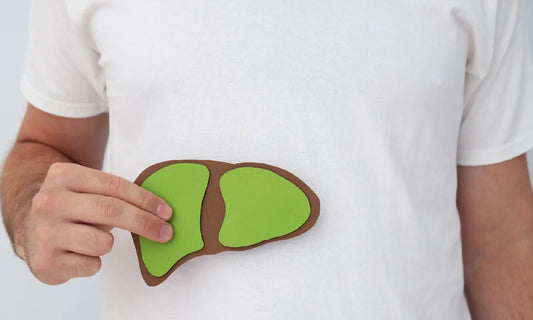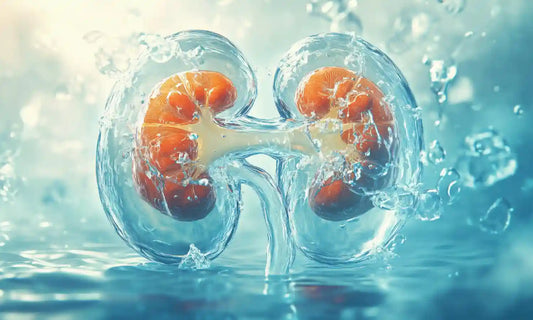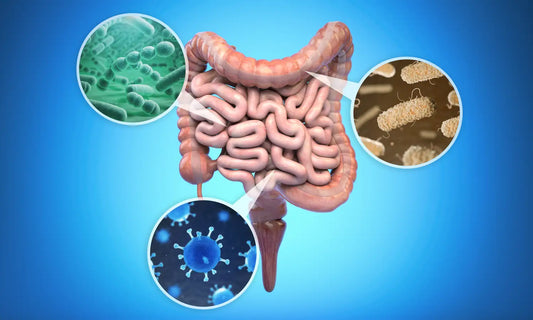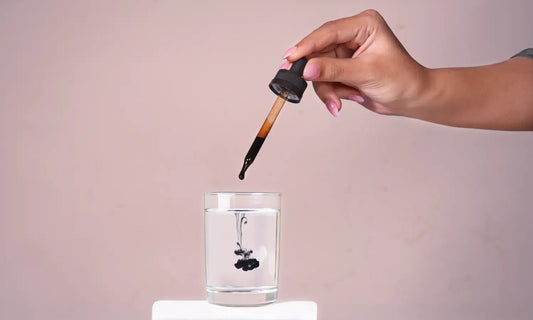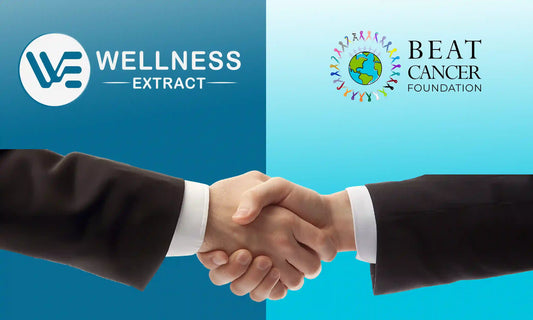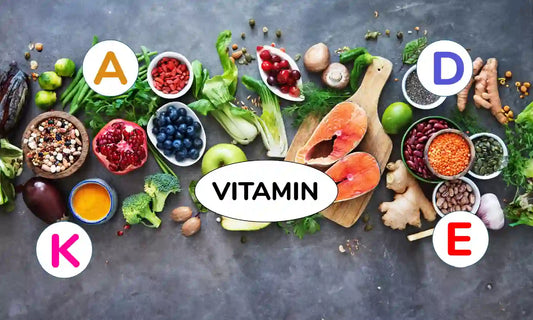Estimated Reading Time: 1 minute
Do Tocotrienols Support Brain Recovery After a TIA? What Human and Preclinical Studies Show
read moreEstimated Reading Time: 7 minutes
Understanding Borborygmi: Can Stomach Noises Be a Sign of Bowel Cancer?
read moreEstimated Reading Time: 1 minute
On Blood Thinners? Wondering if Tocotrienols Act the Same Way? Here's What You Should Know
read moreEstimated Reading Time: 5 minutes
Leaky Gut Syndrome: What It Is, How It Feels, and How to Fix It
read moreEstimated Reading Time: 4 minutes
7 Delicious Non-Dairy Protein Shake Recipes for Every Craving
read moreEstimated Reading Time: 6 minutes
7 Ways to Boost Energy Without Caffeine in Less Than 10 Minutes
read moreEstimated Reading Time: 5 minutes
The Role of Geranylgeraniol in Bone Metabolism and Osteoporosis Prevention
read moreEstimated Reading Time: 1 minute
Feeling "Off" Down There? pH Balance Pills Might Be Your Fix
read moreEstimated Reading Time: 6 minutes
The Science of Dopamine: Natural Hacks for Better Focus and Energy
read moreEstimated Reading Time: 6 minutes
How to Choose the Best Probiotic Supplements for Women: Ingredients, Strains, and Results
read moreEstimated Reading Time: 14 minutes
Gut Health: Doctor's Guide to Healing and Maintaining a Balanced Microbiome
read moreEstimated Reading Time: 1 minute
Thyroid Conditions in Women: Early Signs and Nutrition-Supplement Interventions
read moreEstimated Reading Time: 6 minutes
How Vaginal Probiotics Help Prevent Infections and Balance Your Microbiome
read moreEstimated Reading Time: 6 minutes
Top 5 Best Vitamins for Men in Their 30s [Backed by Science!]
read moreEstimated Reading Time: 5 minutes
Bioavailability of Ubiquinol: 5 Factors That Influence Absorption
read moreEstimated Reading Time: 7 minutes
5 Signs Stress is Harming Your Heart (And How to Fix It)
read moreEstimated Reading Time: 9 minutes
Fatigue After 35? These Nutrients Might Be Missing from Your Diet
read moreEstimated Reading Time: 8 minutes
How Tocotrienols Outperform Regular Vitamin E in Lowering Cholesterol
read moreEstimated Reading Time: 9 minutes
Cortisol and Stress: Practical Steps for Balancing Stress Hormones
read moreEstimated Reading Time: 1 minute
The Complete Guide to Iron Deficiency in Women: Testing, Treatment, and Prevention Tips
read moreEstimated Reading Time: 1 minute
Thyroid Health: Expert Strategies to Support Women's Thyroid
read moreEstimated Reading Time: 1 minute
Insulin Resistance: Early Warning Signs and Doctor-Recommended Interventions
read moreEstimated Reading Time: 6 minutes
From Algae to You: Understanding the Natural Sources and Bioavailability of Astaxanthin
read moreEstimated Reading Time: 7 minutes
From Anxiety to Acne: How Your Gut Health Could Be the Missing Link
read moreEstimated Reading Time: 1 minute
10 Surprising Vitamin E Benefits for Hair and Scalp Health
read moreEstimated Reading Time: 8 minutes
5 Key Antioxidants a Typical Plant-Based Diet Often Lacks
read moreEstimated Reading Time: 10 minutes
What is PMS? Understanding Premenstrual Syndrome Beyond the Stereotypes
read moreEstimated Reading Time: 8 minutes
Magnesium for Kids: Benefits, Dosage, and Best Food Sources
read moreEstimated Reading Time: 9 minutes
Why Am I So Tired? The Science Behind Fatigue During Perimenopause [And What Actually Helps]
read moreEstimated Reading Time: 10 minutes
How Is PCOS Diagnosed? A Step-by-Step Walkthrough of the Assessment Process
read moreEstimated Reading Time: 7 minutes
Is Your Mood On A Rollercoaster? How To Balance The 4 Hormones of Happiness
read moreEstimated Reading Time: 8 minutes
Erectile Dysfunction and Vitamins D & K2: What's the Connection?
read moreEstimated Reading Time: 8 minutes
Is Colostrum the Secret to Hair Growth? What Research Says
read moreEstimated Reading Time: 10 minutes
Endocrine Disruptors: Everyday Toxins That Mess With Your Hormones
read moreEstimated Reading Time: 7 minutes
The Psychology of Doomscrolling: Why We Can’t Stop and How It Affects Us
read moreEstimated Reading Time: 5 minutes
Hyaluronic Acid in Skincare: Does It Really Hydrate or Just Hype?
read moreEstimated Reading Time: 5 minutes
Digital Detox: Can Taking a Phone Break Improve Your Mental Health?
read moreEstimated Reading Time: 8 minutes
Comparing Animal Colostrum: Why Bovine Colostrum is a GOLD Standard
read moreEstimated Reading Time: 6 minutes
Colostrum Benefits for Babies: Tiny Tummies, Mighty Gains!
read moreEstimated Reading Time: 6 minutes
Do Massages Really Release Toxins? What Science and Therapists Say
read moreEstimated Reading Time: 15 minutes
Testosterone: What It Is and How It Affects Your Health
read moreEstimated Reading Time: 10 minutes
What Is the Most Common Cause of Unexplained Weight Loss?
read moreEstimated Reading Time: 6 minutes
Does Astaxanthin Help with Tanning? The Truth Behind the Trend
read moreEstimated Reading Time: 10 minutes
How Much Biotin To Take Daily For Hair Growth? The Ultimate Guide
read moreEstimated Reading Time: 7 minutes
Is Low Potassium a Sign of Cancer? Causes, Risks, and When to See a Doctor
read moreEstimated Reading Time: 7 minutes
What is CoQ10: Health Benefits, Dosage, Side Effects & More
read moreEstimated Reading Time: 7 minutes
5 Foods with as Much Omega-3 as Salmon (and They're Not Fish)
read moreEstimated Reading Time: 1 minute
Is It Safe to Refreeze Breast Milk? What You Need to Know
read moreEstimated Reading Time: 11 minutes
Herbal Detox: Best 11 Herbs & Spices for Detoxification
read moreEstimated Reading Time: 8 minutes
Address Osteoporosis Through Nutrition: Don’t Depend on Calcium Solely!
read moreEstimated Reading Time: 11 minutes
8 Key Qualities to Spot a High-Quality Tocotrienol Supplement
read moreEstimated Reading Time: 8 minutes
Hydrogen Tablets for Water: Do They Really Infuse Your Water with Benefits?
read moreEstimated Reading Time: 10 minutes
Drinking Alkaline Water: Health Benefits or Just a Hype?
read moreEstimated Reading Time: 8 minutes
The Gut-Brain Connection: How Your Digestive Health Impacts Mental Wellness
read moreEstimated Reading Time: 8 minutes
10 Conditions That are Commonly Misdiagnosed as Pink Eye
read moreEstimated Reading Time: 11 minutes
8 Menopause Self-Care Tips [Best Practices to Manage Menopause Symptoms]
read moreEstimated Reading Time: 5 minutes
Coffee Enemas for Glowing Skin: Is it Safe Before Your Period?
read moreEstimated Reading Time: 6 minutes
Foods to Avoid with Trulicity: A Guide to Better Blood Sugar Controls
read moreEstimated Reading Time: 8 minutes
How Much Tocotrienol Is Too Much? Understanding the Right Tocotrienol Dose
read moreEstimated Reading Time: 9 minutes
Tocotrienols vs Tocopherols: Why You’ve Been Missing Out on the Better Vitamin E
read moreEstimated Reading Time: 1 minute
Vitamin E Unit: Why are Tocotrienols in Mg and Tocopherols in IU?
read moreEstimated Reading Time: 6 minutes
The Ultimate Athletic Hydration Showdown: Electrolytes Vs. Magnesium Vs. H2 Hydrogen Tablets
read moreEstimated Reading Time: 7 minutes
How to Incorporate H2 Hydrogen Tablets into Your Daily Routine?
read moreEstimated Reading Time: 7 minutes
Which is the Best: Tocotrienols Vitamin E or Tocopherols: Truth Revealed
read moreEstimated Reading Time: 5 minutes
10 Foods That Promote Hair Growth & 10 That Prevent Hair Loss Naturally
read moreEstimated Reading Time: 4 minutes
Can Hydrogen Water Help Manage Blood Sugar and Cholesterol?
read moreEstimated Reading Time: 7 minutes
What is Oxidative Stress? Causes, Effects, and Prevention
read moreEstimated Reading Time: 1 minute
Strategic Supplementation Boosts Dairy Colostrum and Milk Quality
read moreEstimated Reading Time: 7 minutes
How to Tell If Your Eggs Are Bad: Easy Tests You Can Do at Home
read moreEstimated Reading Time: 7 minutes
Intimacy After Endometrial Ablation: What to Expect, Physically and Emotionally
read moreEstimated Reading Time: 7 minutes
Magnesium Glycinate: Benefits, Side Effects, Uses, and More
read moreEstimated Reading Time: 14 minutes
How Hormones Control Your Body: The Key Players in Health and Wellness
read moreEstimated Reading Time: 8 minutes
Heart, Brain, Hormones: The Trinity Tocotrienols Protect
read moreEstimated Reading Time: 8 minutes
Most Vitamin E Supplements Are a Lie: Here’s the Truth About Vitamin E Tocotrienols
read moreEstimated Reading Time: 1 minute
Metabolic Profiling of Bovine Colostrum Sheds Light on Seasonal Differences
read moreEstimated Reading Time: 1 minute
Latest Wellness Trend: Trans-Geranylgeraniol Supplementation Boosts Testosterone in Hashimoto’s—A Case Study
read moreEstimated Reading Time: 2 minutes
Latest Research Spotlight: Astaxanthin Bridges Therapy for Lung Cancer and Diabetes
read moreEstimated Reading Time: 1 minute
An Innovative Research: Hyaluronic Acid and Astaxanthin Gel Shows Anti-Inflammatory Promise for Diabetic Oral Ulcers
read moreEstimated Reading Time: 6 minutes
Is Bowel Leakage a Sign of Cancer: When to Worry and What to Do
read moreEstimated Reading Time: 1 minute
New Research Shows Astaxanthin Enhances Muscle Function During Metabolic Stress
read moreEstimated Reading Time: 1 minute
Astaxanthin Offers New Therapeutic Pathways for Alzheimer’s Prevention and Care
read moreEstimated Reading Time: 5 minutes
The Science Behind Colostrum and Its Benefits for Athletes
read moreEstimated Reading Time: 6 minutes
I Was Skeptical About Detox Baths for Kids—Until I Tried One
read moreEstimated Reading Time: 9 minutes
Why Lyme Disease Cases Are Surging in 2025: New Symptoms, Hotspots, and Next-Gen Treatments
read moreEstimated Reading Time: 5 minutes
Hydrogen-Rich Water: What It Is, Where to Buy, and Why It's a Game-Changer
read moreEstimated Reading Time: 15 minutes
21-Day Anti-Inflammatory Diet Plan (with Free PDF Download)
read moreEstimated Reading Time: 7 minutes
Probiotics vs. Prebiotics: What’s the Difference and Which Do You Need?
read moreEstimated Reading Time: 7 minutes
Guide to Whole Body Detoxification: Benefits, Methods, and Safety
read moreEstimated Reading Time: 6 minutes
Tocotrienols for Diabetes: Can They Help Adults Over 40?
read moreEstimated Reading Time: 6 minutes
Tocotrienols vs. Tocopherols: Which One Is Better for Senior Skin?
read moreEstimated Reading Time: 5 minutes
Struggling with Belly Fat? It Could Be a Hormonal Belly – Here's How to Fix It
read moreEstimated Reading Time: 6 minutes
Does Pink Salt Really Help With Weight Loss? What Science Says
read moreEstimated Reading Time: 6 minutes
Doxycycline Risks & Side Effects: How its Ruining & Helping Lives
read moreEstimated Reading Time: 5 minutes
How Astaxanthin Helps Protect Your Eyes from Harmful Blue Light
read moreEstimated Reading Time: 6 minutes
How Tocotrienols Help Prevent Bone Loss in Women Over 40?
read moreEstimated Reading Time: 4 minutes
Fiber Supplements: Are They the Secret to Regular Digestion?
read moreEstimated Reading Time: 5 minutes
What is the Best Way to Get Hydrogen Water? Machines, Tablets, or Bottled?
read moreEstimated Reading Time: 7 minutes
How to Sober Up Fast: Science-Based Methods & Home Remedies
read moreEstimated Reading Time: 4 minutes
The Cortisol Detox Diet: How to Lower Cortisol Levels Naturally
read moreEstimated Reading Time: 4 minutes
How to Make Hydrogen Water: Easy Methods You Can Try at Home
read moreEstimated Reading Time: 7 minutes
Can You Buy Antibiotics Over the Counter in the USA/Canada/UK?
read moreEstimated Reading Time: 6 minutes
Hydrogen Water Machines: Benefits, Features, Worth & Buying Guide
read moreEstimated Reading Time: 7 minutes
Can Natural Remedies Replace Over-the-Counter Antibiotics?
read moreEstimated Reading Time: 9 minutes
Cod Liver Oil vs. Fish Oil: Comparison and Health Benefits
read moreEstimated Reading Time: 8 minutes
Lactoferrin - Uses, Health Benefits, Side Effects, and More
read moreEstimated Reading Time: 7 minutes
How Long Does Nicotine Stay In Your System? Timeline, Tests
read moreEstimated Reading Time: 5 minutes
Are You 35+? The Top 5 Hormonal Changes You Need to Know About
read moreEstimated Reading Time: 6 minutes
How Long Do Hemorrhoids Last? Treatment, Recovery, Timeline, and Safe Relief Options
read moreEstimated Reading Time: 6 minutes
Headaches After Meals: Triggers, Prevention, and When to See a Doctor
read moreEstimated Reading Time: 7 minutes
Chelated Magnesium Demystified: A Guide to Absorption and Health Benefits
read moreEstimated Reading Time: 8 minutes
Detox Drinks: 10 Homemade Recipes That May Help Improve Health
read moreEstimated Reading Time: 5 minutes
The Complete Timeline: What When to Eat After a Tooth Filling
read moreEstimated Reading Time: 11 minutes
The Future of Bovine Colostrum: Market Trends and Innovations
read moreEstimated Reading Time: 7 minutes
Bovine Colostrum: Is it the Secret to Gut Health for Infants?
read moreEstimated Reading Time: 9 minutes
10 Highly Inflammatory Foods to Avoid & 10 Anti-Inflammatory Foods to Include in Your Diet
read moreEstimated Reading Time: 6 minutes
Geranylgeraniol Supplements: Everything You Need to Know About GG Gold
read moreEstimated Reading Time: 6 minutes
Zeolite Detox: How It Supports Gut Health and Immune Function
read moreEstimated Reading Time: 5 minutes
Hydrogen Tablets for Water: How They Work & Why You Should Try Them
read moreEstimated Reading Time: 5 minutes
Fulvic Acid: Benefits, Safety, Side Effects, Dosage More
read moreEstimated Reading Time: 6 minutes
Surprising Health and Beauty Benefits of Colostrum for Women
read moreEstimated Reading Time: 6 minutes
Sleepless Nights? 7 Ways Menopause Affects Sleep and How to Improve It
read moreEstimated Reading Time: 6 minutes
The Best & Worst Foods for Hormonal Balance: What to Eat & Avoid
read moreEstimated Reading Time: 5 minutes
Colostrum vs Breast Milk: Key Differences You Should Know
read moreEstimated Reading Time: 6 minutes
Hydrogen Water vs. Alkaline Water: Which is Better For You
read moreEstimated Reading Time: 7 minutes
Heavy Metal Detox for Kids: How to Safely Remove Toxins and Boost Health
read moreEstimated Reading Time: 7 minutes
Is Your Gut Unhealthy? 10 Symptoms to Watch for And How to Heal
read moreEstimated Reading Time: 6 minutes
Guide to Hormonal Balance: Normal Testosterone and Estrogen Levels in Women
read moreEstimated Reading Time: 6 minutes
Right Tocotrienol Dosage & Nutrient Pairings for 13 Key Health Benefits
read moreEstimated Reading Time: 14 minutes
Geranylgeraniol Explained: Benefits, Side Effects & Science Behind It
read moreEstimated Reading Time: 4 minutes
Mother, Mentor, Maker: Arielle’s Journey to Creating a Preschool Sanctuary
read moreEstimated Reading Time: 13 minutes
Astaxanthin Benefits, Uses, Side Effects & More – Your Complete Guide
read moreEstimated Reading Time: 5 minutes
Vitamin E for Fatty Liver - How Much Vitamin E is Good for Your Liver?
read moreEstimated Reading Time: 8 minutes
Kangen Water vs Hydrogen Water: What’s the Real Difference
read moreEstimated Reading Time: 5 minutes
Speeding up Your Metabolism: 9 Tips That Work like a Charm
read moreEstimated Reading Time: 5 minutes
The Mom Behind SQUEEZE — Alannah Smith: A Mother, A Force, A Story of Grit & Grace
read moreEstimated Reading Time: 5 minutes
Beyond Calcium: How Geranylgeraniol Could Be the Game-Changer in Your Bone Health Routine?
read moreEstimated Reading Time: 9 minutes
Exploring Astaxanthin & Tocotrienols for Brain Health Support: Research Insights
read moreEstimated Reading Time: 4 minutes
Terresa McKenzie’s Journey as a Mother and Entrepreneur: Embracing Presence Over Perfection
read moreEstimated Reading Time: 7 minutes
CoQ10 Improves Pumping of the Heart. Can it Alleviate Heart Failure?
read moreEstimated Reading Time: 9 minutes
Tocotrienols & Women’s Wellness: Science Behind the 2025 Health Trend
read moreEstimated Reading Time: 12 minutes
Is Hydrogen Water Good for You? The Science Behind the Hype
read moreEstimated Reading Time: 9 minutes
10 Surprising Health Benefits of Hydrogen Water You Didn't Know About
read moreEstimated Reading Time: 6 minutes
Do Nutrients Like CoQ10 & Tocotrienols Support Liver Health Naturally?
read moreEstimated Reading Time: 4 minutes
Celebrate Mothers: The Ultimate Wellness Champions Around
read moreEstimated Reading Time: 7 minutes
When is the Best Time to Take Colostrum for Maximum Benefits?
read moreEstimated Reading Time: 5 minutes
Fulvic Acid Detox: Natural Way to Remove Heavy Metals from Your Body
read moreEstimated Reading Time: 8 minutes
Cellular Detoxification: Learn to Detox Your Cells Naturally
read moreEstimated Reading Time: 3 minutes
Bidding for Hope: Wellness Extract Partners with Beat Cancer Foundation
read moreEstimated Reading Time: 8 minutes
Annatto Extract: Nature’s Colorful Magic With Exceptional Health Potential
read moreEstimated Reading Time: 10 minutes
What is Bovine Colostrum: Benefits, Nutrition, Uses, and Potential Side Effects
read moreEstimated Reading Time: 4 minutes


















































































